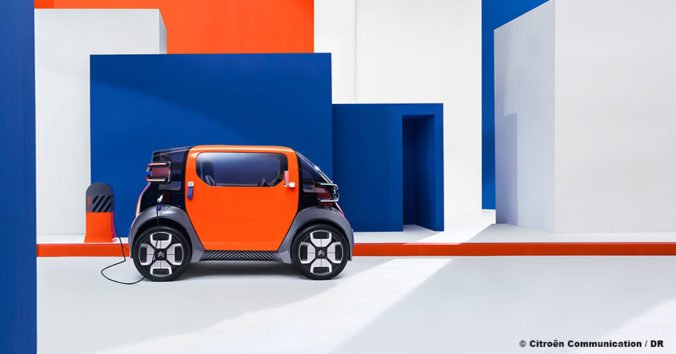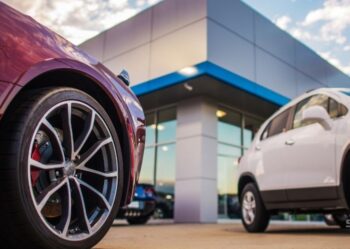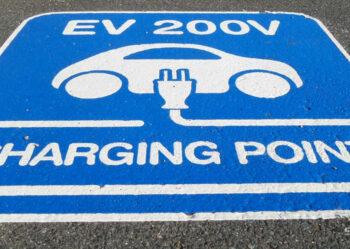License-free cars: the future of the French phenomenon

Discovering the automotive world, you have probably stumbled upon this rare, extremely Western-European phenomenon.
License-free cars, minicars, light quadri-cycles, L6e-BP, yogurt pots, VSP (Voiture Sans Permis)… Small and slow, these cars have recently caught the attention of such major carmakers as PSA Groupe and SEAT despite a gradual collapse of Renault TWIZY in Europe.
However, this time, the approach to this vivid type of mobility is way different. As the entire market is moving from the concept of cars to the paradigm of mobility solutions, license-free vehicles can find their place in the urban car-sharing niche.
What is a License-Free Car?
Between the mopeds and motorcycles, on one side, and passenger cars, on the other, exists a gap, filled by light four-wheeled vehicles. In France, we call these vehicles “Voiture Sans Permis” or, in other words, license-free cars.
Indeed, light quadri-mobiles of L6e category can be driven without a driving license from the age of 16 (or 14 in France) in many European countries. Though, to drive a microcar in France, you will have to acquire an AM or BSR license, the same road safety certificate required for driving scooters.
License-free cars are limited to 45 km/hr maximum speed, 6kW maximum power, 2 seats, and 425 kg maximum weight in running conditions. Moreover, starting from 2016, license-free cars correspond to the L6e-BP category exclusively, identified by its primary usage, the transport of passengers.
The License-Free Car Market in France
The license-free car market was on its peak before the world economic crisis in 2008. More than 15,000 new light four-wheeled vehicles were registered in France in 2007.
Today, France corresponds to over half of all the license-free car sales in Europe with nearly 13,000 vehicles registered in 2018.
France is also the main producer of microcars. Approximately 30,000 vehicles are produced in the Hexagon each year. Such major French license-free car companies as AIXAM and Ligier-Microcar account for over 85% of the production.
Electric License-Free Cars
Following the global automotive trend, license-free car manufacturers have also developed electric models in recent years. The current share of electric cars within the license-free vehicle market is nearly 10%. This a greater proportion than the one found on the overall French market (2.1%).
Renault Twizy has managed to attract more than 9,000 drivers during its first year, becoming the best-selling full-electric vehicle in Europe in 2012. It is probably the most well-known electric microcar as well as the price leader (costs less than 8,000 Euro). Among the other advantages of the Twizy, a distinctive futuristic design, compact size, and fast charging time.
AIXAM, the most popular no-license car brand worldwide, has already equipped many of its best-selling models with electric motors. The price, though, is a major differentiator. Starting from 14,900 Euro, the car loses its values in the eyes of the average consumer: a 14-year-old urban citizen or a senior countryside driver.
The Future of the License-Free Cars
In March 2019, PSA Groupe has introduced Citroën Ami One, a concept license-free car of the future. Unlike the other minicars, Ami One is designed to be used exclusively in the urban car-sharing.
Indeed, license-free cars are the perfect solution for short urban passenger mobility. These vehicles require neither a driver’s license nor heavy maintenance, are easy-to-use and compact, and need smaller parking spaces.
At the same time, being small, practical and accessible to everyone (in terms of the license), microcars can be easily used as a service. Moreover, once it is a service it is far more likely to become popular, just like e-scooters.
Hence, we believe that the long-term future of license-free vehicles will be oriented towards vehicles that are both electric and shared.
The only problem is the production cost. Limited volumes, high investments in electric powertrain and connectivity make shared electric license-free cars expensive to produce. If PSA Groupe can still manage it, the emergence of new competitors outside the traditional OEM circles seems rather questionable.








